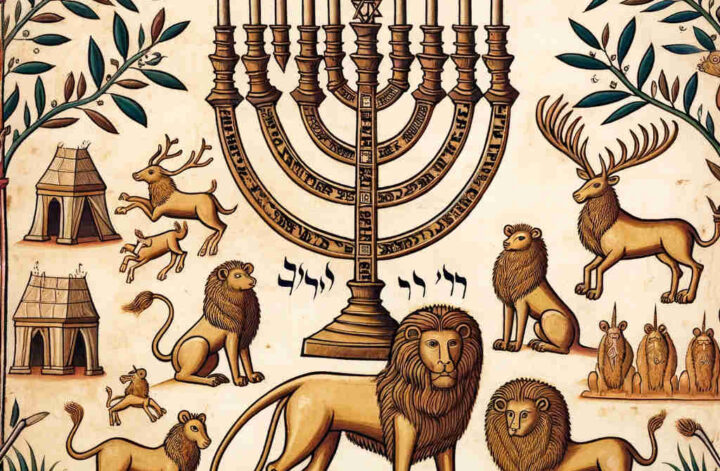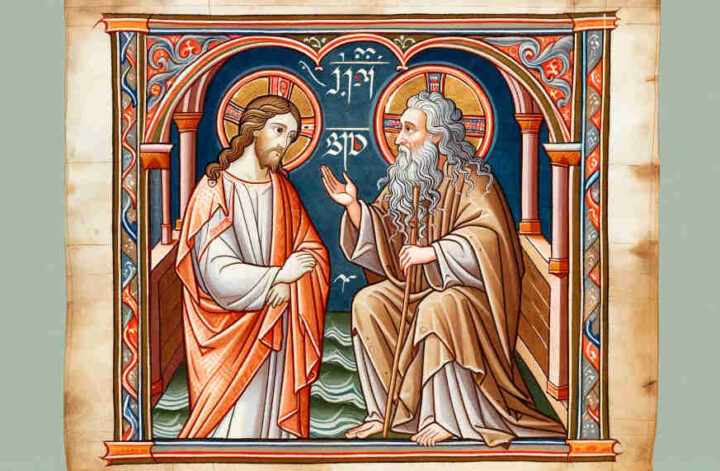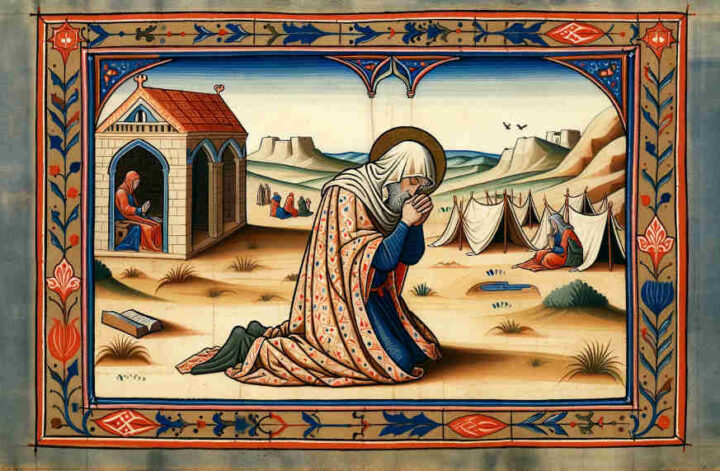Email from Emily Rodriguez:
Dear Rabbi Joshua,
I’m deeply troubled by a quote I read online stating, “A pregnant non-Jew is no better than a pregnant animal.” It’s attributed to Choshen Mishpat 405. This statement is very upsetting, and I’m struggling to understand if it’s actually part of Jewish teachings or the Talmud. Could you please clarify this?
Sincerely,
Emily Rodriguez
Addressing Concerns Regarding Choshen Mishpat 405
Dear Emily,
Your distress over the statement you’ve read is completely understandable, and I commend you for seeking to verify and understand the truth behind such claims. Let’s delve into the matter with care and precision.
The Nature of the Statement: The statement you’ve encountered, purportedly from Choshen Mishpat 405, claiming that “A pregnant non-Jew is no better than a pregnant animal,” is not found in Jewish texts. Choshen Mishpat is a section of the Shulchan Aruch, a code of Jewish law compiled in the 16th century, which deals with civil and monetary laws. This specific statement does not appear in Choshen Mishpat or any other authoritative Jewish text.
Understanding the Shulchan Aruch and Talmud: The Shulchan Aruch is a codification of laws, many of which are based on discussions and rulings found in the Talmud. The Talmud itself is a comprehensive record of rabbinic discussions pertaining to Jewish law, ethics, philosophy, customs, and history. It’s crucial to note that both the Talmud and the Shulchan Aruch are complex works requiring careful study and understanding within their historical and cultural context.
Respect for All Life in Jewish Teachings: Jewish law and philosophy emphatically stress the respect for all human life, irrespective of faith or ethnicity. This principle is derived from the belief that all humans are created b’tzelem Elohim (in the image of God). Misinterpretations, or statements taken out of context, can lead to a distorted view of the compassionate and ethical foundations of Judaism.
Caution Against Misinformation: Unfortunately, the internet can be a source of misinformation, especially concerning ancient and complex religious texts. It’s important to consult reliable sources or knowledgeable scholars when exploring such topics. The statement you’ve mentioned is not reflective of Jewish thought or law and should be regarded as a misrepresentation.
In closing, Emily, the troubling statement you encountered does not exist in Choshen Mishpat or any other Jewish text. Jewish teachings uphold the dignity and value of every person. Whenever faced with such claims, seeking accurate information and context is essential. I hope this response brings you reassurance and clarity.
With blessings and in pursuit of truth,
Rabbi Joshua


